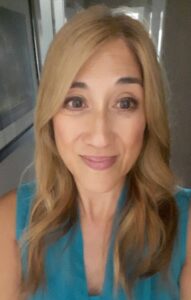Identifying & Healing
Childhood Pain as Parents
 By Anne Alvares, Parent Coach, School Counsellor, Mom of Two
By Anne Alvares, Parent Coach, School Counsellor, Mom of Two
When we look back on our childhood, as parents, we may realize that there were things that we needed emotionally from our parents that we didn’t get. This is childhood pain. It is a hurt from our childhood that wasn’t healed and that we carry into our adult lives. Childhood pain can take many forms and come in varying degrees. Examples include neglect and abuse. Or perhaps you were parentified.
Parentification means that your child is taking the role of the parent. Examples include when our children are taking care of siblings every day because parents are working all the time, when our children worry about their parents because we are displaying weakness, depression, or illnesses, when children do all the housework and the parents do none or do not help them, or if children are expected to work while they are in school to help with the family finances. These are all examples of our children being parentified.
Perhaps you grew up with controlling or judgemental parents, not feeling heard, not feeling loved or cared for, being punished or reprimanded, not feeling safe, or perhaps parents having too high expectations of you. Childhood pain can also come from something that happened to you or something you experienced. You may have been bullied and felt like no one helped you. You may have experienced the death of a parent or a loved one. You may have lost a friend to suicide. These events cause trauma in a child’s mind and the pain from these losses can carry into adult life.
When we don’t acknowledge and heal the pain from our childhoods, these pains will show up in our parenting. We know that our childhood pain is showing up in our parenting when we are struggling in our parenting role. In this webinar, we will learn the signs that our childhood pain is getting in the way of becoming the parents we are meant to be.
How do we heal our childhood pain so we can become better parents?
First, we need to tell our story. Telling our story helps to release the pain so it no longer lives inside of us. Once your story is told, then the healing process begins. We can have compassion for ourselves and eventually come to the understanding that what we experienced was something we had no control over. It was our experience, but we cannot be blamed because the adults in our lives couldn’t give us what we needed. We tell a different story. We say we were worthy to be loved. We are worthy to be loved as adults. We are not children anymore and our childhood pain doesn’t have to continue in our adult lives. We affirm our worth in our lives and we give ourselves what we didn’t get from our parents. This is how healing happens.
Our children are part of our story. They give us the opportunity to heal because we can give them what we didn’t get. We can be the parents we needed in our childhood. Our children show us how to love them and we can also receive their love fully when we heal from our pain. This is my hope for every parent who has suffered from childhood pain – to heal and become the parent your children need you to be.


